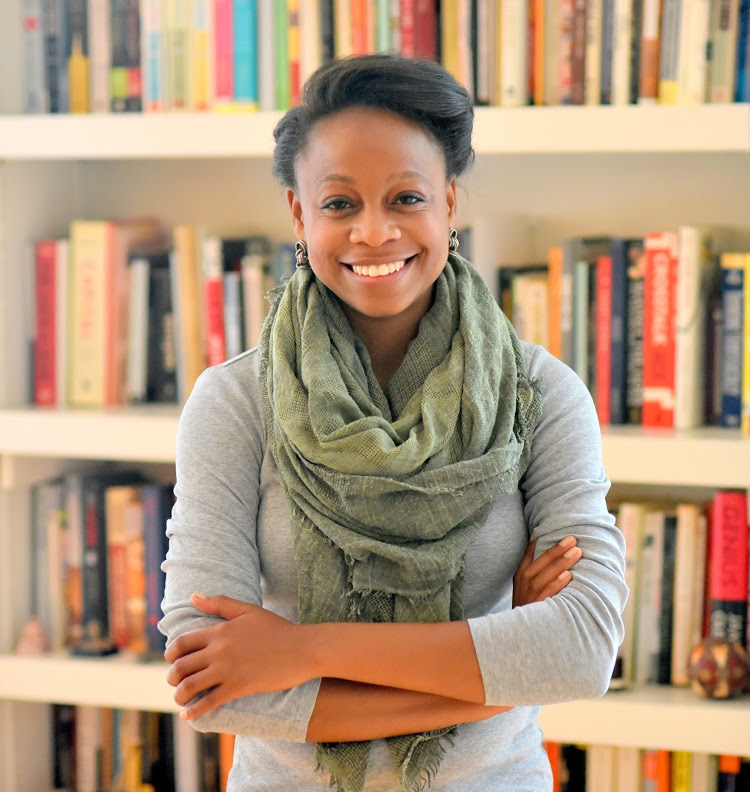
James Buckser
Staff writer
The Rev. Christian Peele is an expert in organizations. Now the chief of staff at ImpactAssets, Peele has held a number of prestigious positions, including some in the White House, and led congregations in New York City and Washington, D.C.
Peele will bring her knowledge to the Interfaith Lecture Series at 2 p.m. today in the Hall of Philosophy, as a part of Week Five’s theme, “Religious and Ethical Infrastructure.”
ImpactAssets is an organization with the goal “to maximize the potential of impact investing to make the world better,” Peele said.
“We have more than $2 billion in assets under management,” Peele said. “We use the private markets to invest those funds in opportunities that amplify racial justice, climate solutions and gender equality.”
Outside of ImpactAssets, Peele has worked at nonprofits like the Riverside Church and the Harlem Children’s zone. She also served in the White House, as special assistant to the president and deputy director of management and administration for Joe Biden, and served as Barack Obama’s director of the White House internship program and deputy director for White House operations.
Peele is a theologically trained organizational strategist. She said she believes that “organizations have the potential to do really good things” for people and the planet. In addition to her secular work, she is also ordained, and has worked in faith-based nonprofits and churches, she said.
“My career is melding those two things,” Peele said. “My theological training informs how I think about work inside organizations and what orgs can do.”
Peele’s faith inspires her, she said, and she likes to “take that into work” with her, “for better or worse,” and “try to do something good with it.”
“My faith makes me crazy enough to believe that things can be better,” Peele said. “That belief sort of drives the work I do in secular spaces, so I like to work for organizations that are really powerful, because I think they have the time and the resources and the scale to actually change the world.”
When Peele thinks about spiritual infrastructure, she thinks about “what a religious practice imparts into someone,” she said.
Attending church every Sunday is worthwhile, Peele said, but if you leave without a “renewed infrastructure within you” about your relationship with the world, then “something’s been lost.”
She said she is searching for ways to build that “spiritual infrastructure” in secular spaces.
“People of faith, we come from a tradition that makes us really well-suited for that kind of work if we’re willing to kind of think about it,” she said. “It’s not like Sunday Mass, but there are other ways to kind of inspire within people that kind of infrastructure or framework.”
In her talk, Peele said she will reflect on what it means to be “spiritually formed,” and how that has “shown up” for her in her work.
“I hope people are inspired to think about spiritual infrastructure in a new way,” Peele said, “to ask questions about their own spiritual frameworks, and to ask questions about how those frameworks are or aren’t moving them to do good things in the world.”




